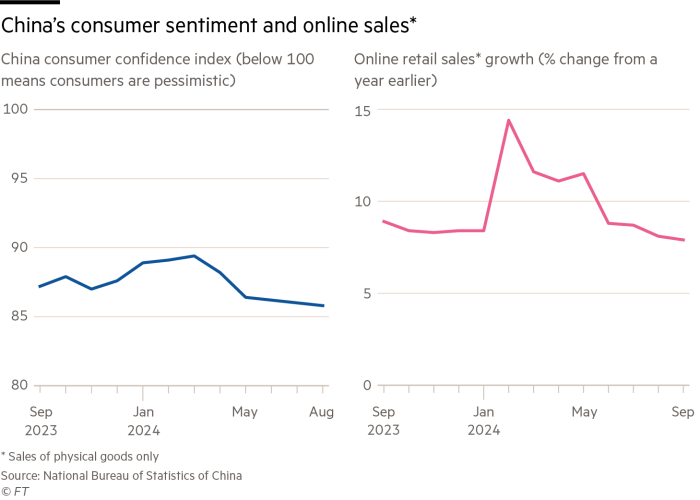It isn’t wrong to say The Yellow Bittern is a bookshop. Located a short walk from London’s St Pancras Station on Caledonian Road, it looks from the outside like a second-hand bookseller. The windows display two dozen volumes on art, photography, politics, poetry and food including, on my visit, a copy of 1949’s Sizzling Platter by American cartoonist Peter Arno. During opening hours, you can ring the bell and gain access to an eclectic range of books for sale in the basement. But The Yellow Bittern is also, more obviously, a restaurant; one run by an Irish chef, Hugh Corcoran, a magazine editor, Frances Armstrong Jones, and Oisín Davies, a bookseller.

As a restaurant, it is very much marching to its own beat. “We see it as an alternative to what’s out there,” says Armstrong Jones. The daughter of Lord Snowdon and his second wife Lucy Lindsay-Hogg, Armstrong Jones is editor of Luncheon magazine, a biannual publication about art, fashion and food that launched in 2016, and revolves around conversations recorded over lunch. “Luncheon is about bringing together creative, irreverent people from different backgrounds,” she says. “And for a long time I’ve wanted to open a restaurant as the embodiment of that.”


The restaurant has 18 covers. It is open for lunch Monday to Friday. You can make a reservation by phone, in person or by postcard (which some customers have done, including a chef from outside Paris who was coming on the Eurostar). Payment is by cash only: as Armstrong Jones points out, there’s a cash machine at Tesco Express across the road should people need it. “Paying in cash is fun,” says Corcoran. “It’s one of the last remnants of privacy [in a digitally tracked society].” “I haven’t heard a single grumble,” adds Davies. An arts programmer and former administrator at the Photography and the Archive Research Centre at UAL, he is overseeing the bookshop and assisting in the kitchen.

That old-fashioned analogue approach extends throughout the space, from the white tablecloths and flowers on the tables to the lack of music – you may experience a slight rattling of glasses when trains go by underground. “A calm space to come, chat and have lunch,” says Corcoran, who not only cooks but takes and serves your order, fetches wine and happily explains the significance of the art on the walls if you should ask. This includes a portrait of Samuel Beckett, as Corcoran is a huge fan; paintings by Anthony Fry and Oliver Messel, who were Armstrong Jones’s godfather and great-uncle respectively; works by Peter Doig who supplied the cover for Corcoran’s short-story collection Two Dozen Eggs; and a picture of Lenin purchased by Corcoran’s mother in Moscow in 1987 that used to hang in his childhood home in Belfast. “For political and aesthetic reasons,” he explains. “She was from Yorkshire and grew up in a trade-union family. It’s a beautiful portrait, also.”


Corcoran spent about a decade living and working in the Basque Country and France, including as chef at the wine-and-small-plate spot Delicatessen Place in Paris. More recently he was chef in residence at Italo in Vauxhall. From the modest kitchen at The Yellow Bittern (two induction plates and a small oven), he is turning out a daily à la carte menu that consists of at least one hors d’oeuvre, a soup, a main (a stew, roast bird or something “sturdy” like Lancashire hotpot or faggots with mash), a green salad with cheese, and pudding (classic English offerings such as gooseberry fool or trifle).


On my visit before the restaurant’s opening in October, we sat down to a Basque leek and potato soup made with vegetables grown in Armstrong Jones’s garden in Sussex. “Obviously we’re going to be buying things from the market,” says Corcoran, “but it’s nice to use our own vegetables.” This was followed by a succulent roast guinea fowl with vegetables and a bottle of white (Quartz by Etienne Cortois) from the Loire Valley. Speaking of wine, there isn’t a list as such. “We put things by the glass and one or two bottles on the blackboard so people have an idea about cost,” says Corcoran. “Otherwise people tell me what they’re going to drink and how much they want to pay and I find them a bottle. We’ve got some nice allocations.”

The whole set-up sounds antic but it makes sense. “It’s for us,” says Corcoran. “We’re not employing other people. My dad was a mechanic and I look at it like a mechanic’s workshop. Come in at nine. Prepare some food. Open some bottles of wine. Close at six. Go home and cook the kids’ dinner. At the weekend, tend the vegetable patch.” He adds: “We like old-fashioned places where people meet up, eat and drink. That’s what we’ve tried to recreate but in a way that is unique to the people running it.” As Davies says of the curation of books: “It is general interest but the general interest is ours.”
As for the name, it derives from a Gaelic poem about a bird that dies of thirst, which urges its readers to drain their cups while they can. Corcoran recites a few lines. The case for a boozy lunch has rarely been so beautiful.










































































































































































You must be logged in to post a comment Login